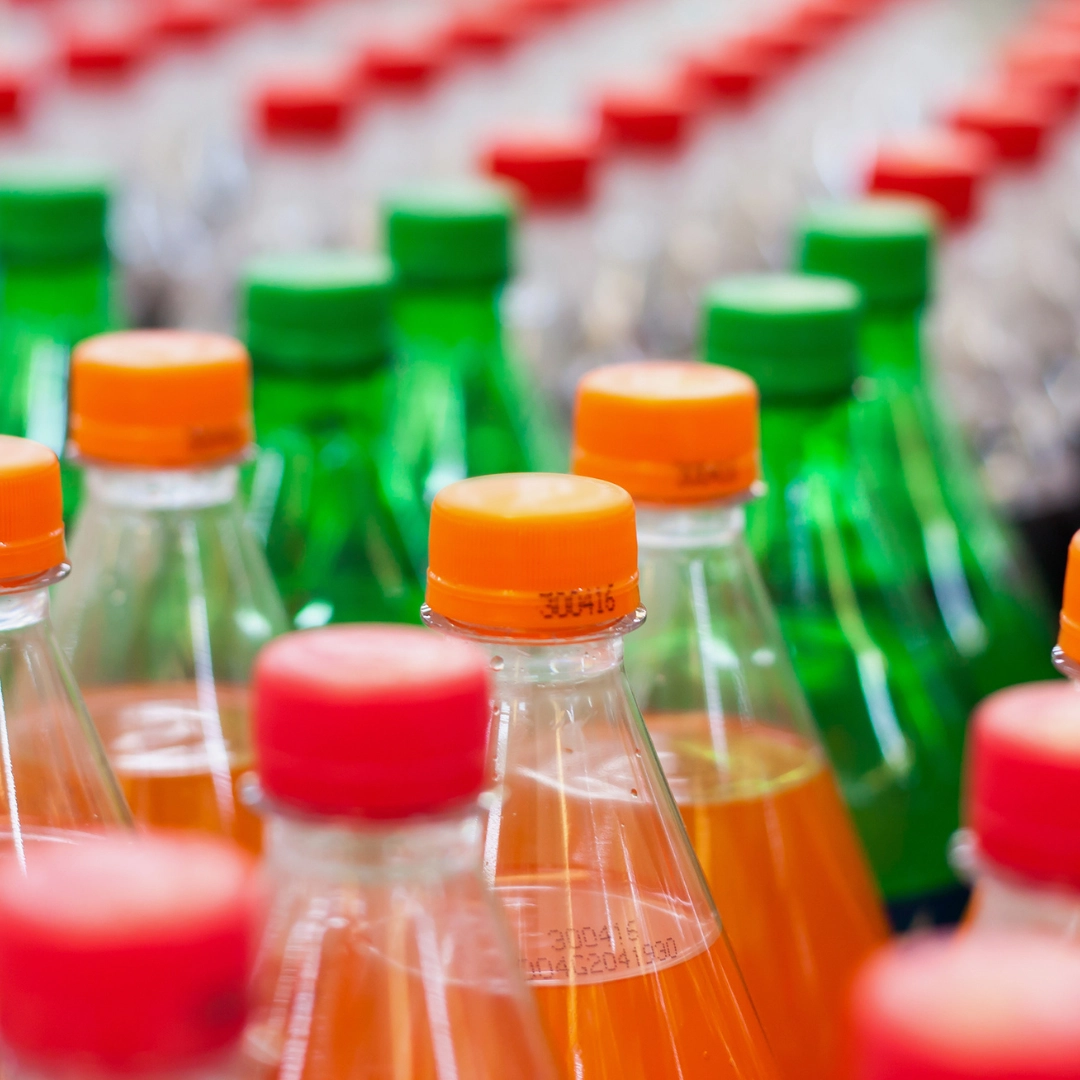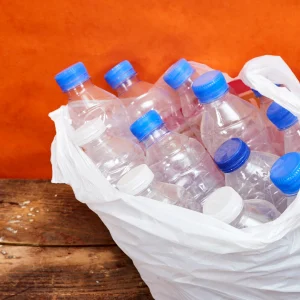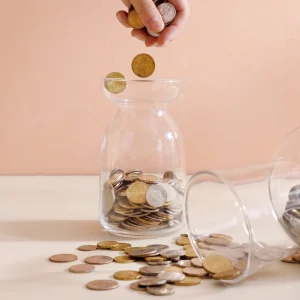Lets work together



Suite 3A, Chapel Allerton House, 114 Harrogate Road, Leeds, LS7 4NY
ukinfo@integrated-skills.com
+44 (0) 3300 888 670

The Deposit Return Scheme is set to be introduced across England, Scotland and Northern Ireland in October 2027. With 75% of Britons in favour of the changes, and 65% going a step further and favouring binding recycling targets for local authorities, it’s clear that the scheme has garnered a lot of support.
As D-day draws closer, we wanted to look at the various implications the scheme will have for businesses, consumers, and the environment. We’ll also be discussing the impact the scheme will have on local authorities as they contend with the logistical challenges it will bring.
Quick-Fire Explanation of the Scheme
Following in the footsteps of many successful schemes across the world, the Deposit Return Scheme encourages individuals to return their drinks containers to be recycled.
Twenty pence is added to the price of drinks at the point of sale as a form of “deposit” which is then paid back to the customer at the point of return. No receipt or proof of purchase is necessary – this enables anyone who has or finds a drink container to return it to a suitable collector and receive the funds.
The idea is to encourage a “circular economy” where valuable materials are collected, recycled and reused.
The Department for Environment, Food and Rural Affairs (Defra), has high hopes for the effect of the scheme on recycling rates due to its impressive track record:
“The average return rate for European countries with a scheme is 87%, according to global eNGO Reloop, with Germany showing the best results at 98%.”

Why is the Scheme Required?
Any scheme that protects the environment is a good thing, but targeting drinks containers is likely to be hugely impactful. Here are some surprising figures on the level of waste produced by drinks containers:
The Impact on Businesses
The whole point for the scheme is to massively increase recycling rates without creating a financial burden. The consumer pays a little more and receives that money back when they return the packaging to be recycled, creating an incentive to recycle.
Some profit may be made from deposits being paid for containers that are never brought back, but return points will need to be set up and waste management systems will need to be arranged for the contents to be transported to suitable recycling facilities.
British Soft Drinks is in favour of the scheme, with some prerequisites:
“The BSDA supports the introduction of a UK-wide DRS for all plastic (PET) and can beverage containers up to 3 litres in size. Our assessment suggests this is the best way to increase recycling levels and tackle litter. However, this must be accompanied by reform of the current producer responsibility system to create greater transparency and increased investment in UK recycling infrastructure.
The Extended Producer Responsibility initiative is designed to make producers accountable for the costs associated with the disposal of the packaging their products are supplied in. Councils are expected to receive substantial EPR funding to manage this waste (estimated at £1.1 billion for 2025-26).

The Impact on Consumers
For consumers, a small increase in the price of drinks will be felt, but hopefully that is enough to convince most of us to save our containers and return them for a refund of the deposit. Habits die hide so this change may not be immediate. It may remind some of the change in behaviour once a charge was applied for plastic bags.
Return points may be an issue. For some, they may be easily accessible – dotted around the area and simple to reach. For others, return points may only be available at large supermarkets or local leisure centres. For non-drivers, busy families, the elderly and differently abled consumers, this may become tricky.
Waste Management and the Deposit Return Scheme
For local authorities, the scheme will pose some new challenges. Despite being morally onboard with a scheme that will be highly impactful, many may struggle with the logistical planning and forecasting involved.
Return points will need to be emptied regularly. The contents will need to be taken to a suitable recycling point. Additional staff and vehicles are likely to be needed, so route analysis will be important to reduce the financial cost and environmental impact of the milage involved.
We worked with Zero Waste Scotland during their planning for the initial launch of a 2022 version of DRS, helping them to produce their Logistics & Infrastructure Plan. The primary aim of the project was to calculate the optimum number of bulking points and counting centres to minimise the cost of the DRS logistics.
We used a Geographical Information Systems approach, utilising world-leading software packages for mapping, network analysis and route optimisation. Combined with detailed information provided by Zero Waste Scotland, cost models were generated to compare scenarios and ultimately identify the optimum solution.
The detailed analysis identified the most cost-effective solution, considering the full container journey from purchase point, to return point, to bulking location and the final journey to a counting centre or reprocessing facility. This provided Zero Waste Scotland with a range of options to approach the logistical challenge and a comprehensive fact-file crucial to the decision-making process to ensure the operation could be delivered cost-effectively.
The DRS Scheme Administrator is to be appointed in the spring of 2025. They face a significant challenge to meet the deadlines set by government. Contact us today – we’d be happy to assist.
Would you like to know more about The Unending Impact of the Deposit Return Scheme? Fill in your details below and let us know how we can help.
Website Designed & Built by we are CODA